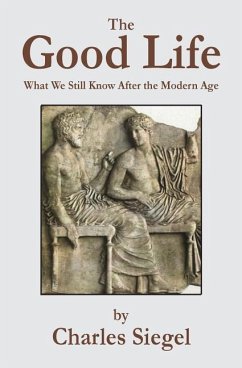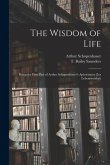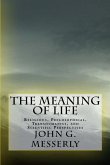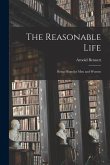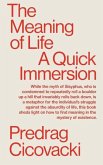The main tradition of classical philosophy had a clear idea of the good life, based on human flourishing. Modern philosophers rejected this tradition because they believed in the logical principle that we cannot derive ought-statements from is-statements, which makes it impossible to base ethics on human nature. This book shows that this logical principle is false. You can derive ought-statements from teleological is-statements, statements about function, goal, or purpose. Philosophers rejected classical ethics not because of a logical problem but because they rejected Aristotle's teleological view of nature. In the seventeenth century, philosophers accepted the new physics, which explained nature on the basis of mechanical causes, not of goals. If nature is not teleological, then it is impossible to base ethics on human nature. But we still think teleologically about human nature when we base our idea of health on the proper functioning of our basic physical capabilities. Likewise, by basing the idea of arete on the proper functioning of all our capabilities, we can develop a version of classical ethics that is still convincing after the modern age.
Hinweis: Dieser Artikel kann nur an eine deutsche Lieferadresse ausgeliefert werden.
Hinweis: Dieser Artikel kann nur an eine deutsche Lieferadresse ausgeliefert werden.

